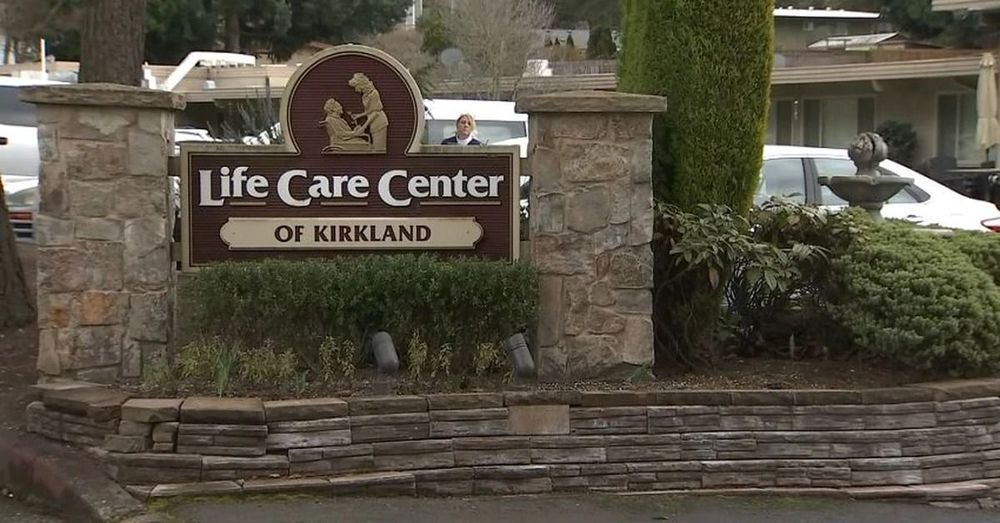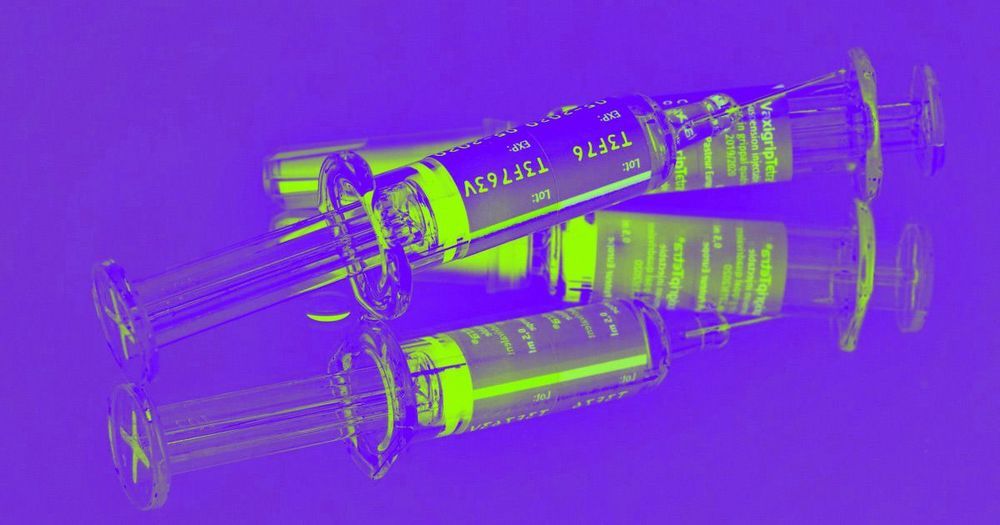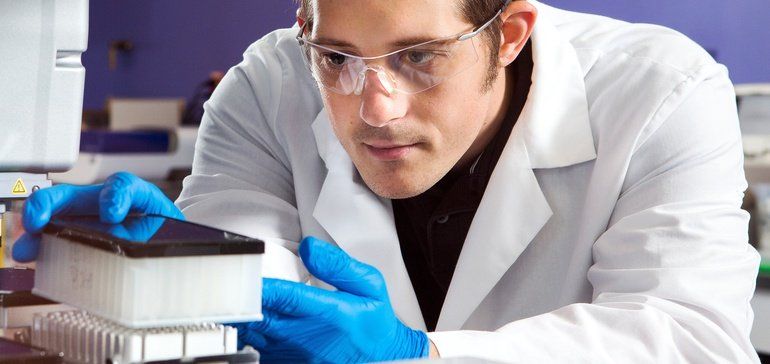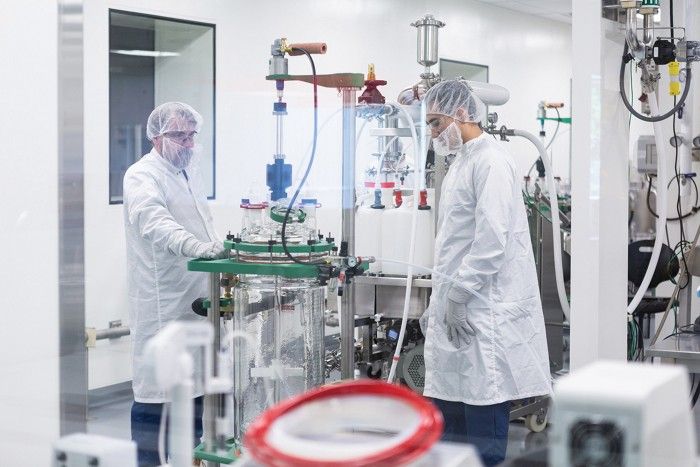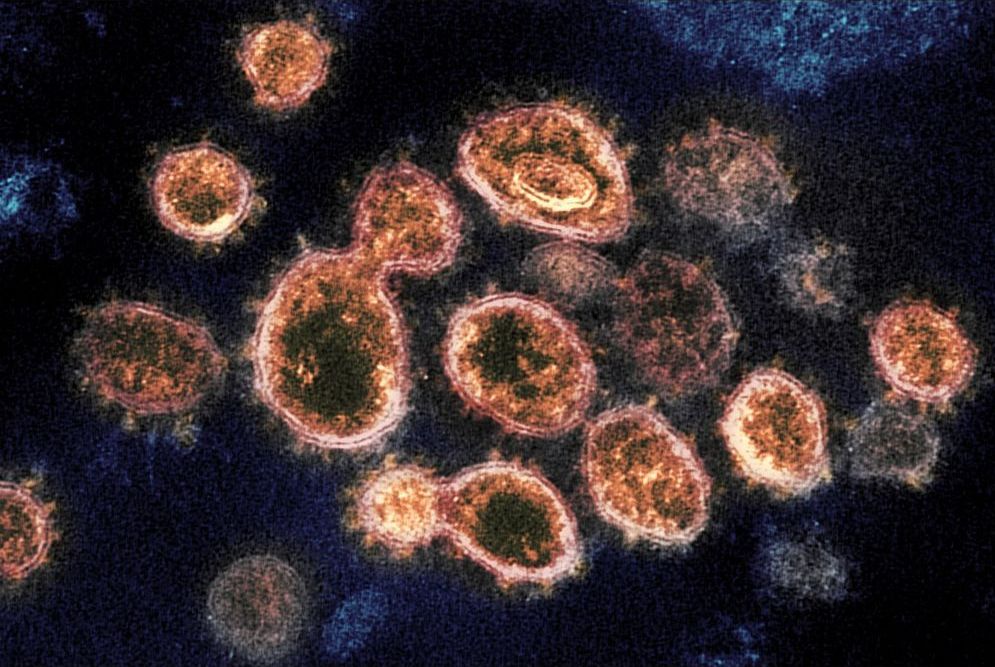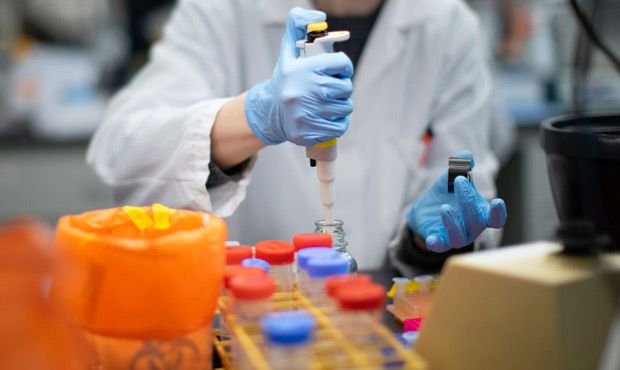Wuhan coronavirus pandemic — kirkland, washington.
Cluster of 50 people sick at a single retirement home where 2 have been confirmed to have Wuhan Coronavirus.
KIRKLAND, Wash. — Dozens of residents and staff at Life Care Center of Kirkland, a nursing and rehab facility, are reporting symptoms that might suggest coronavirus, according to a statement from King County Public Health.
